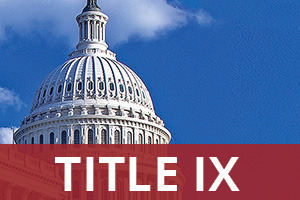We can talk about contemporary politics later, but I think it might be more helpful to arrive a definition we both agree on first.
Okay, so, let me give you a few "textbook" definitions of public corruption and see if you agree with any of them:
1. Cornell Law School's Legal Dictionary:
Public corruption involves a breach of public trust and/or abuse of position by federal, state, or local officials and their private sector accomplices. By broad definition, a government official, whether elected, appointed or hired, may violate federal law when he/she asks, demands, solicits, accepts, or agrees to receive anything of value in return for being influenced in the performance of their official duties.

www.law.cornell.edu
2. Transparency International's Definition:
We define corruption as the abuse of entrusted power for private gain.
Corruption can take many forms, and can include behaviours like:
- public servants demanding or taking money or favours in exchange for services,
- politicians misusing public money or granting public jobs or contracts to their sponsors, friends and families,
- corporations bribing officials to get lucrative deals
3. DOJ's Definition (General Definition from the Northern District of Florida):
Public corruption is a breach of the public’s trust by government officials who use their public office to obtain personal gain. It is a violation of federal law for any federal, state, or local government official to ask for or receive anything of value in exchange for, or because of, any official act. Under federal law, any person who offers or pays a bribe is also guilty. These crimes are the result of secret deals, sealed with whispered conversations, quick handshakes, and money paid “under the table.” Because of the secretive nature of bribes and shady deals, such crimes are often difficult to detect and even more difficult to prove without the assistance of concerned citizens.
Let me give you some generalized examples based on a sort of loose definition from those listed above, and see if you agree with any being good examples of public corruption
Example 1: A city building inspector tells a developer that the new apartment tower cannot open until several costly safety fixes are done. Off the record, the inspector says the tower can pass tomorrow if the developer hands over twenty‑five thousand dollars. The developer pays. The inspector signs the occupancy permit even though the fire exits are still blocked.
Example 2: A state purchasing officer controls which company repaves a busy highway. Her cousin owns a small paving firm that bids two million dollars above the next lowest offer. The officer secretly edits the bid rules so only her cousin’s firm meets the new “experience” requirement, then awards the contract. Later she receives a hidden share of the inflated payment through a sham “consulting” fee.
Example 3: A federal lawmaker sits on a committee that will vote on rules affecting cell providers. A lobbyist flies the lawmaker and his spouse to a private island resort, pays for meals, and promises campaign donations. After the trip the lawmaker votes for an amendment that weakens consumer protections and directly boosts the provider’s profits.
What do you think?



